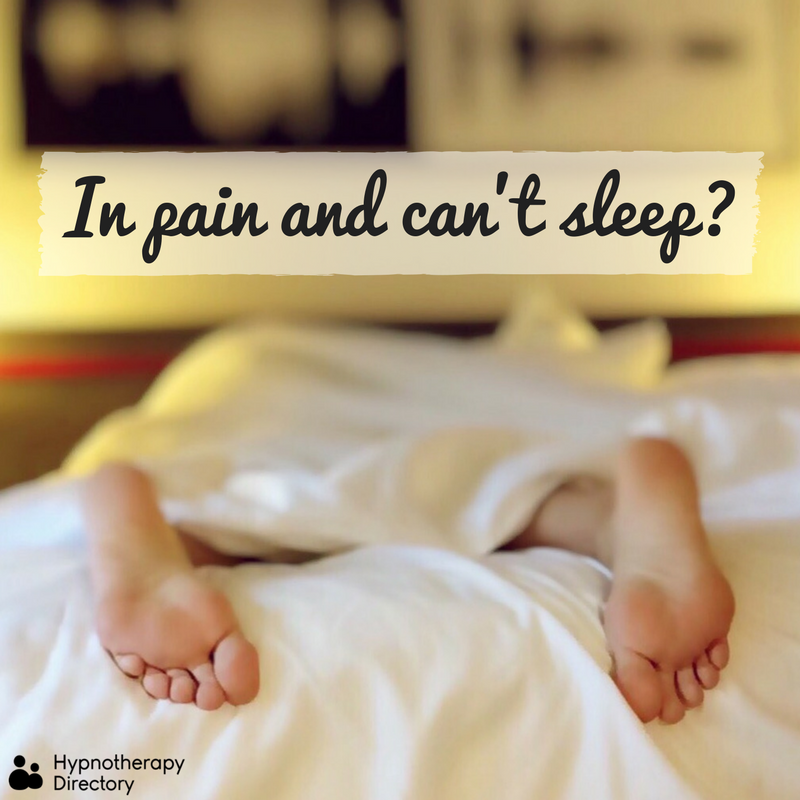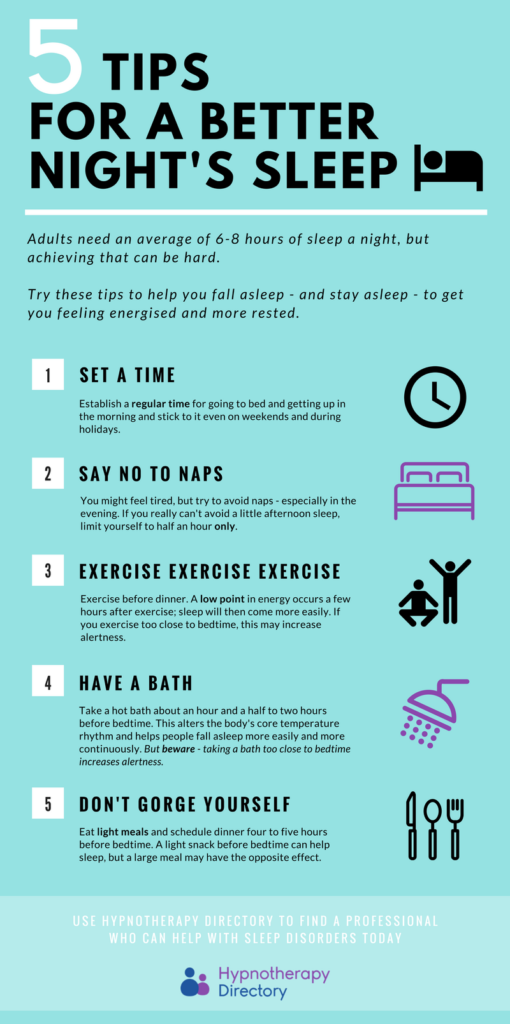In pain and can’t sleep?
Pain is a complicated issue that can be hard to treat. There are many causes of long-term pain, including conditions such as arthritis and fibromyalgia. Concerns like this require medical intervention and a pain management treatment plan. For many, complementary approaches such as hypnotherapy form part of this plan.

Often, a variety of different approaches is needed to help lessen pain, improve independence and help you cope with the emotional implications.
Commonly, one of the most impacted aspects of life for people experiencing pain is their sleep. A lack of sleep can result in feeling more pain, which contributes to an unhealthy cycle of losing sleep because of pain.
We ask hypnotherapist and Hypnotherapy Directory Member, Dr Sue Peacock, to shed some light on chronic pain management and in particular, how getting a good night’s sleep can help.
The essential thing to understand is that pain is a mental process. Once we grasp this we can take the steps to using our mental powers to deal with the problem.
So, what is pain?
If you have had pain for three months or more, then it is classified as chronic or persistent pain. This type of pain is common and can be caused by conditions such as arthritis. After three to six months, the body has usually healed as well as can be expected.
What is going on if you are still in pain?
The answer lies in the nervous system. The ongoing pain that is still being produced is less about the injuries within the body and more about the sensitivity of the nervous system.
Why do our nervous systems behave like this?
Chronic pain is triggered when the nerves carrying unpleasant and unhelpful information become irritated and continue to react even when the issue which caused the pain in the first place has healed. It’s as if the pain system stays switched on.
A good way to understand this is to use the analogy of a burglar alarm. Lights flash and loud sounds are emitted from the alarm when someone is trying to break into your house. This grabs your attention so you can react to it – and a good thing, too. However, alarms are frustrating, irritating and annoying when they go off for the wrong reasons.
In chronic pain, the pain-sensing nerves are sending off the same ‘threat’ chemicals as if there was an instant threat of danger or injury when none exists and this pattern keeps repeating itself. Your nervous system notices anything that might make it react, such as lack of sleep, over-activity, under-activity, the weather, your mood and stress levels.
That doesn’t mean you just have to accept the pain.
There are things you can do. The very best way to tackle chronic pain is to learn how we can affect our pain system ourselves, by what we do, by what we think and by learning how to really relax. An important part of this is learning to sleep well.
Here are a few tips to help you.
You can find out more in Dr Peacock’s recently published book, Sleeping with Pain. Remember, good routines and habits are the key, so take your time to establish a new pattern which works for you.

Find a hypnotherapist dealing with Insomnia
All therapists are verified professionals





